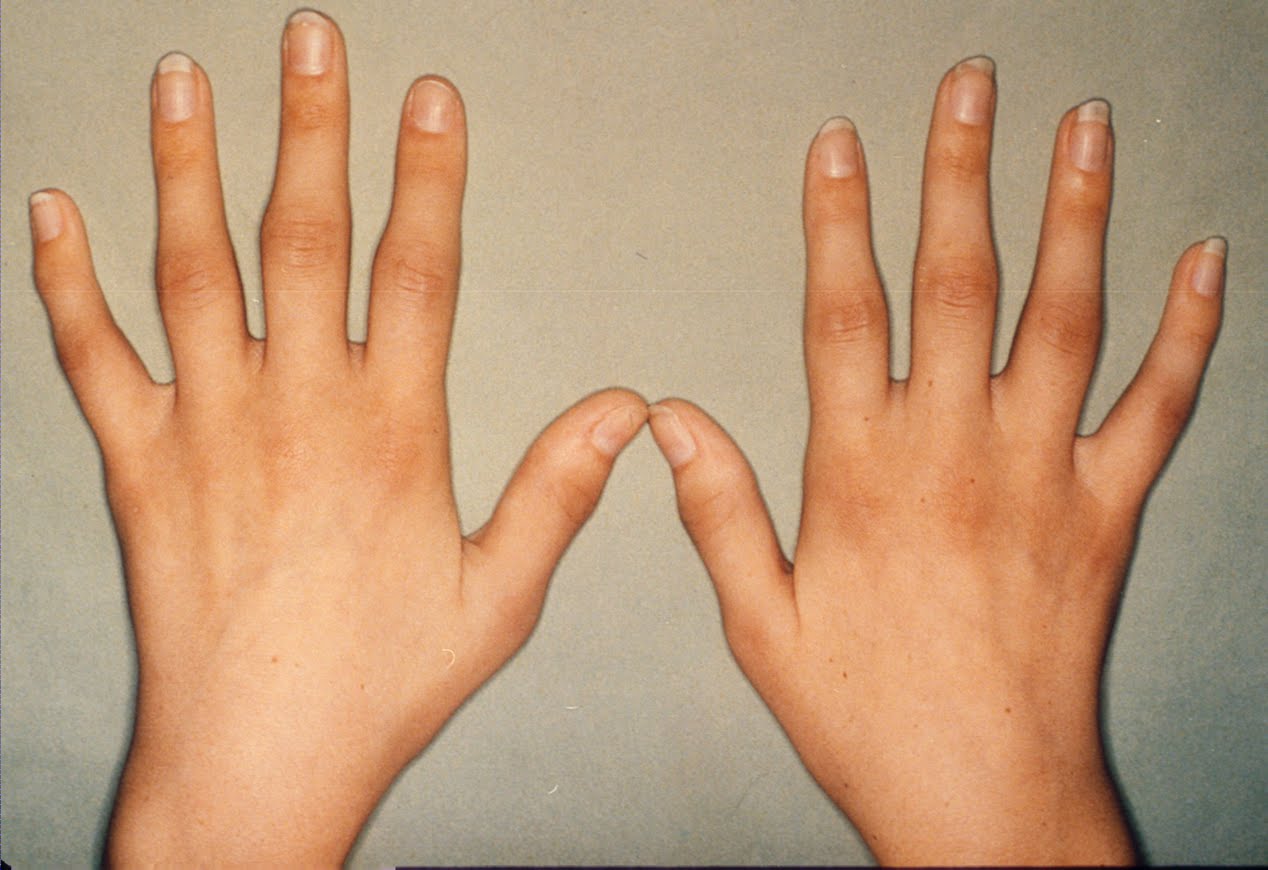
Rheumatoid Arthritis (RA) is an autoimmune disease where the immune system attacks itself. It is associated with the destruction of cartilage and inflammation of joints. Typical symptoms include joint pain, swelling and stiffness. It can lead to long-term damage, resulting in loss of function, chronic pain, and disability.
There is no cure for RA, however, its progression may be slowered by drugs like steriods or NSAIDs (Non-steriodal anti-inflammatory drugs) or by anti-inflammatory supplement.
GLA and Joint Health
In many studies, GLA has been shown to exert anti-inflammatory (by production of PGE1) and immunomodulatory effects (by inhibiting the proliferation of T-lymphocytes).
Two randomized, double-blind study followed patients suffered from joint problem for 12 months1,2, participants received purified GLA or placebo. The group taking GLA experienced significant improvement in
- Swollen joint count
- Swollen joint score
- Tender joint count
- Tender joint score
- Pain assessment
- Duration of morning stiffness
There are literature review3 and meta-analysis of published studies4 support the use of GLA as an alternative or complementary therapies for joint problem.
References- R.B. Zurier et al. Arthritis Rheumatol. 1996; 39: 1808-1807.
- L.J. Leventhal et al. 1993;119:867-873.
- K.L. Soeken et al. Selected CAM therapies for arthritis-related pain: the evidence from systematic reviews. Clin J Pain. 2004; 20:13-18.
- M. Zilberberg et al.Clinical Uses of Gamma-Linolenic Acid: A systematic review of the literature. Medford, MA, MetaWorks Inc. 2000; 2-22.

